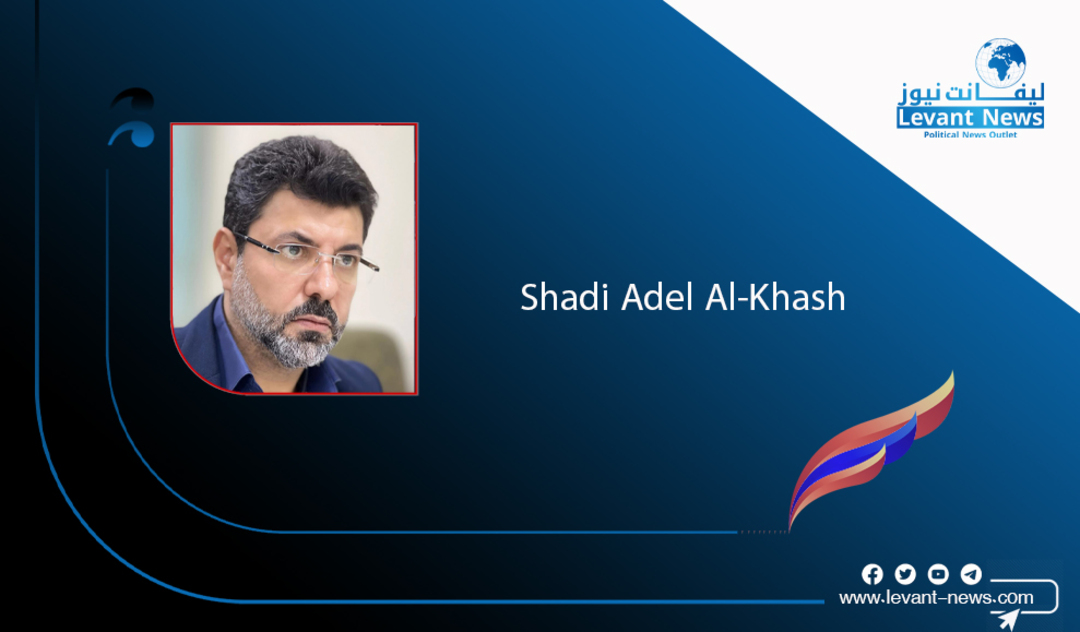-
Sharia and Syrian Blood

From the very first moment he took the seat of power, Ahmed Sharae's vocabulary bore no mention of transitional justice or holding criminals accountable. On the contrary, he recycled the symbols of Assad’s regime’s crimes, dressed them in new garb, and established a comprehensive system aimed at normalizing relations with everyone who supported and financed Assad.
Therefore, it was not surprising when he declared that “the wounds caused by Hezbollah have been healed.” This statement is merely a continuation of a single path aimed at closing the bloodshed file, burying demands for accountability, and openly declaring that political interests are more important than the rights of the victims.
With this speech, Sharae positioned himself as the guardian of Syrian blood. It was as if he had the right to pardon the killer instead of the mothers who lost their children, or the families whose loved ones disappeared in dungeons, or the displaced who have lost everything. He did not merely erase the crime; he appointed himself as a representative of the victims, forgiving on their behalf without any authority or mandate.
Personally, I see no surprise in this موقف. Anyone familiar with his history understands that what he says today is fully consistent with his past.
He is the one who founded Jaysh al-Nusra, who blew up from Iraq to Syria, who fought revolutionary factions and scattered their ranks, who spread fear from Idlib to Raqqa, from Daraa and the Rif Dimashq to the coast and Sweida. It is natural that he does not regard Syrian blood as holding any value or meaning for justice. For him, what Hezbollah, Russia, Iran, or Assad did is no different from what he and others did—every one of them just tools in a single game of power.
The transformation from being a “leader of a terrorist-designated group” to a “head of state,” after transporting the terrorist predecessor home in a special plane to Moscow, is in itself the result of international and regional balances, fully aligned with the path he has taken.
Thus, what he did or said is not an exceptional event but a new episode in a long series of justifying crimes and normalizing killers.
Let it be known that what is happening is not “reconciliation,” but the reproduction of Assad’s era—a time when the voices of victims are erased just as they were in Hama, Jisr al-Shughur, and Tadmur; a time when truth is replaced with submission, and justice and legitimacy are exchanged for blood-soaked loyalty.
Yet, history has taught us that blood does not rust, and wounds that are not treated become infected. Those who bet on forgetting will find themselves someday facing a court that knows no deals, and justice driven by truth does not expire or get bought off.
Shadi Adel Al-Khash
You May Also Like
Popular Posts
Caricature
opinion
Report
ads
Newsletter
Subscribe to our mailing list to get the new updates!





















